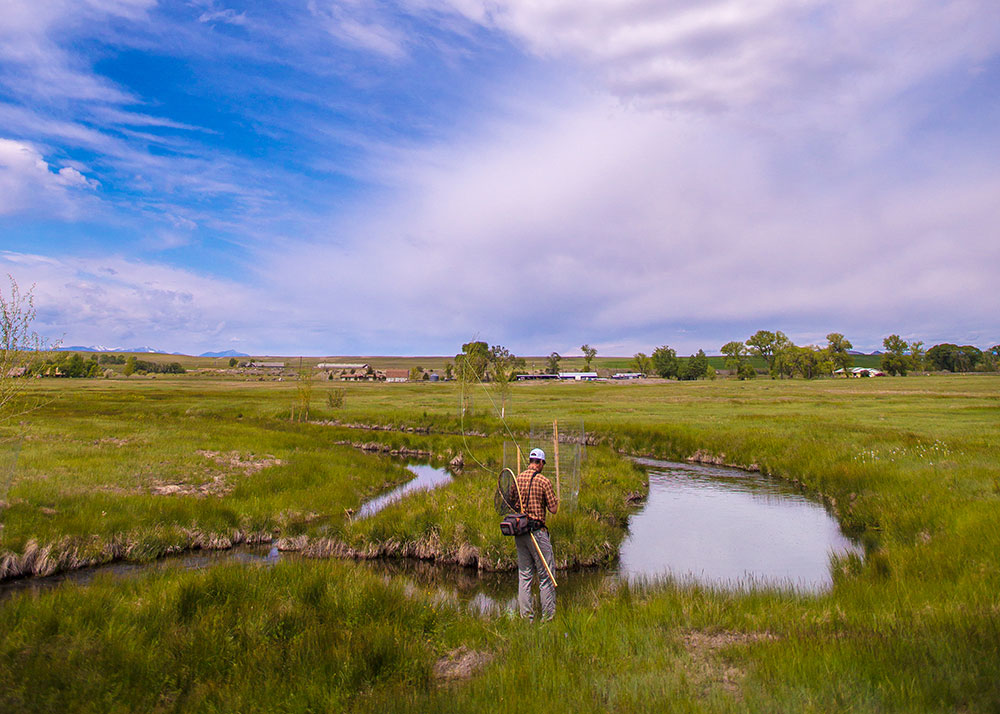
A Different Kind of Green
Restoring private land is big business—and the benefits flow well beyond property boundaries.
Read more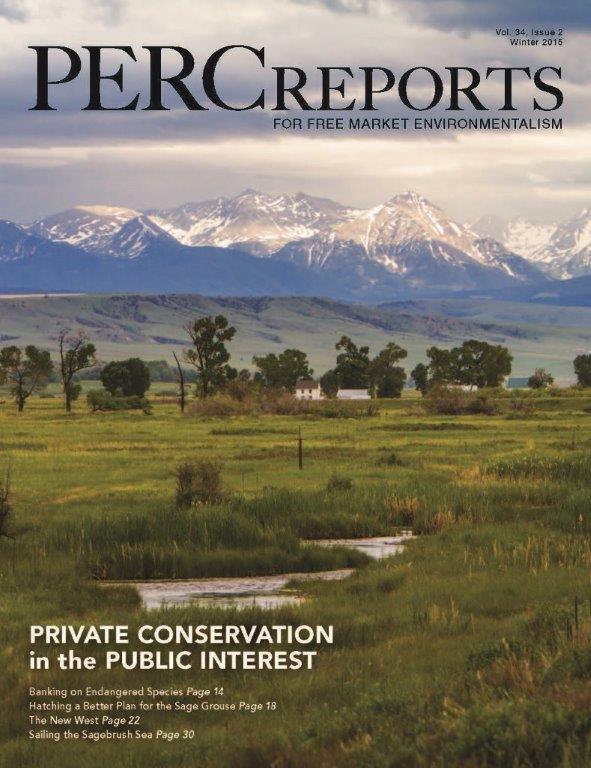

Restoring private land is big business—and the benefits flow well beyond property boundaries.
Read more
Conservation efforts transform a cattle ranch into a wildlife haven.
Read more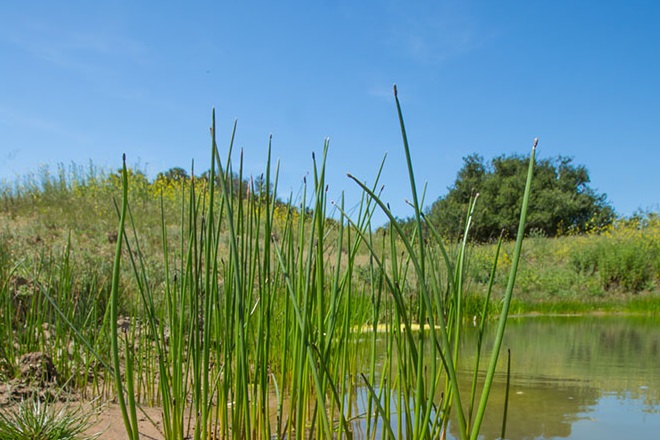
How assigning property rights to protected species turned a landfill into a conservation bank.
Read more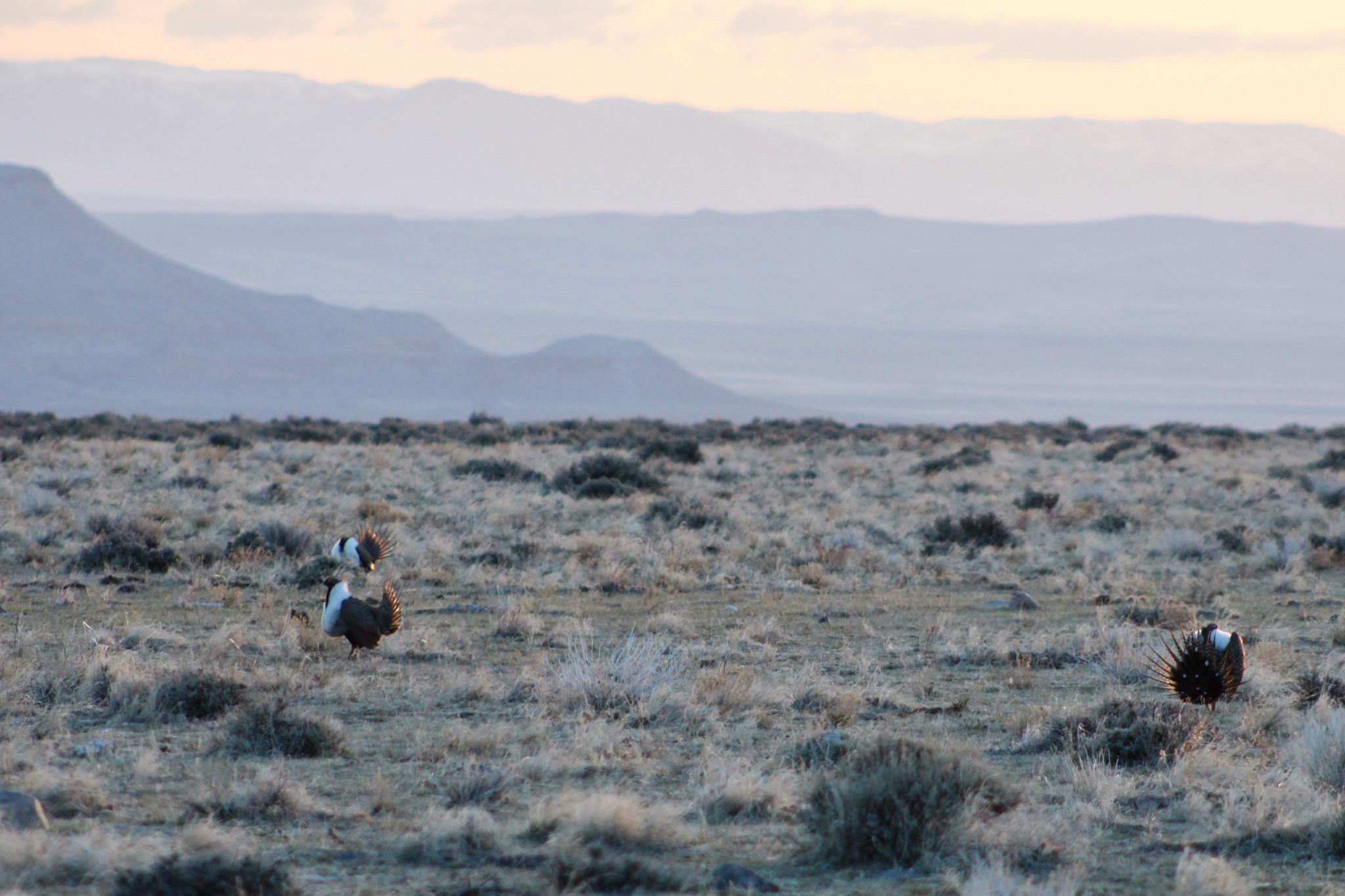
Private landowners are the driving force behind sage grouse conservation.
Read more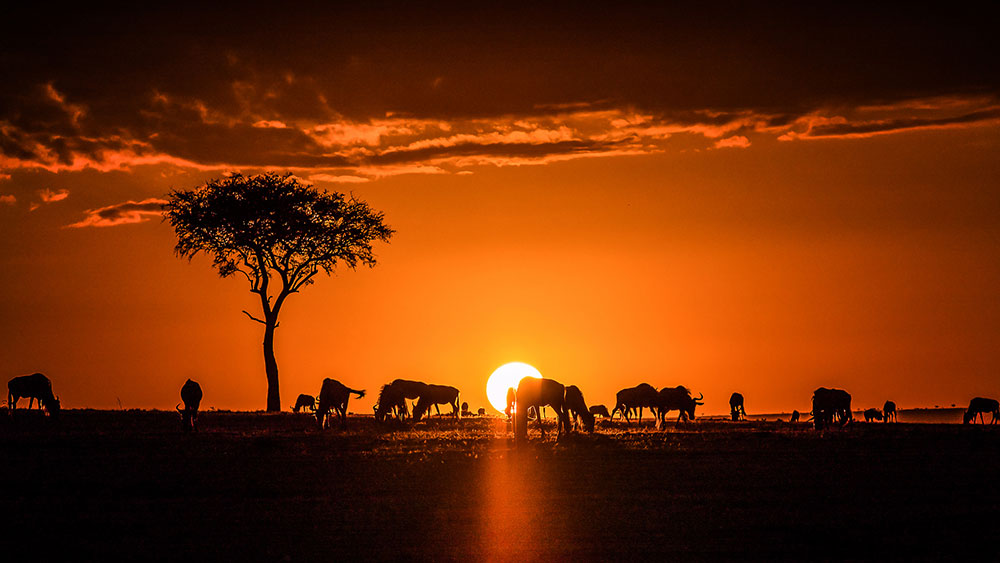
A safari group and local tribe join together to protect wildlife.
Read more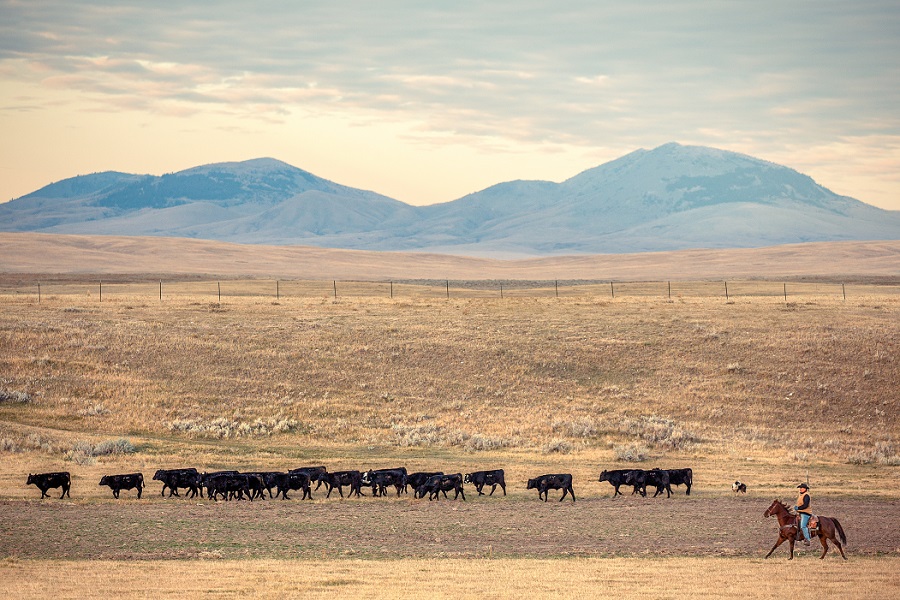
A quiet revolution is sweeping across the West, forging a new approach to conservation in the 21st century.
Read more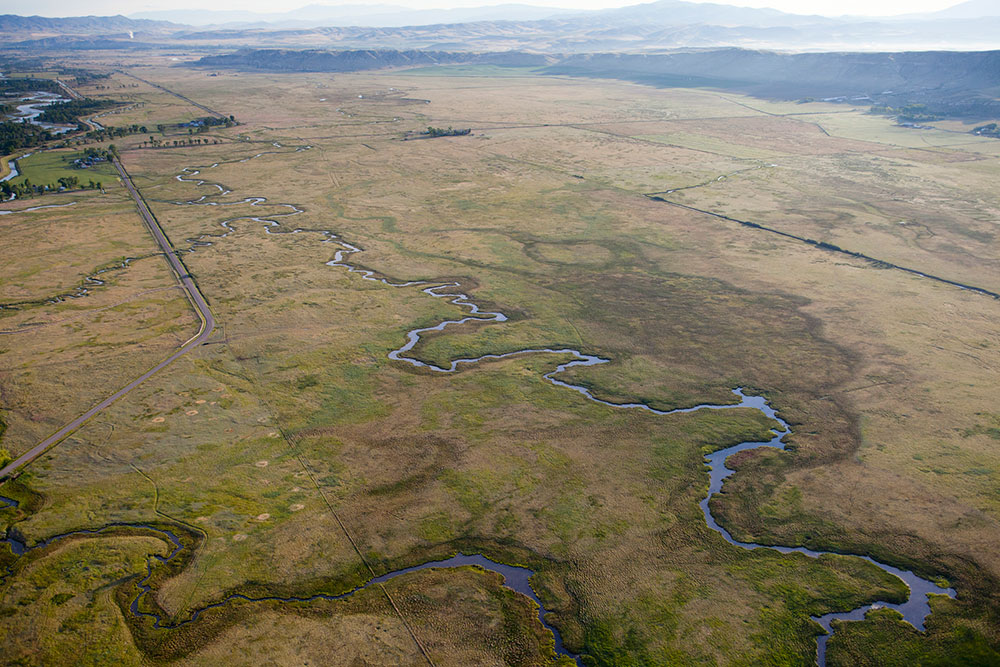
The EPA’s new water rule could discourage private conservation efforts.
Read more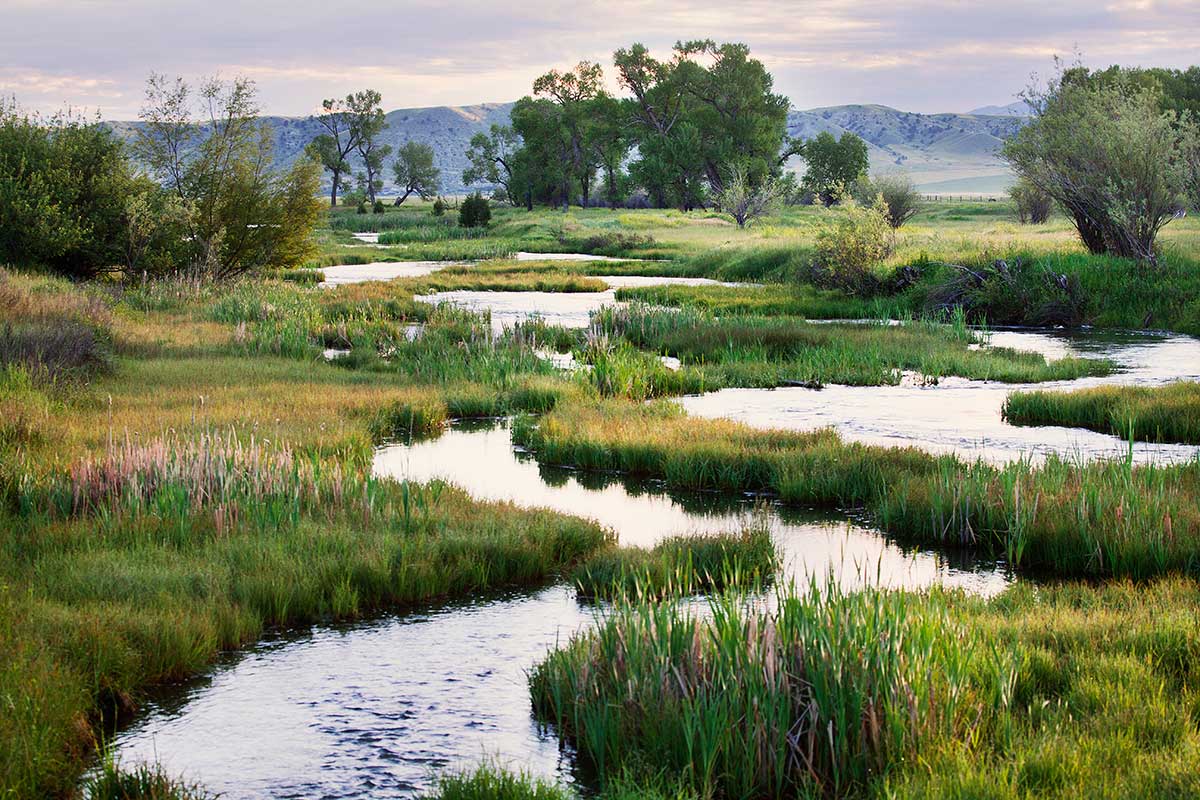
We follow the lead of Aldo Leopold by reinforcing a land ethic that rewards landowners who engage in private conservation.
Read more
Around the world, landowners enhance wildlife habitat, clean water, and provide recreational opportunities. This issue of PERC Reports features stories of private conservation in the public interest.
Read more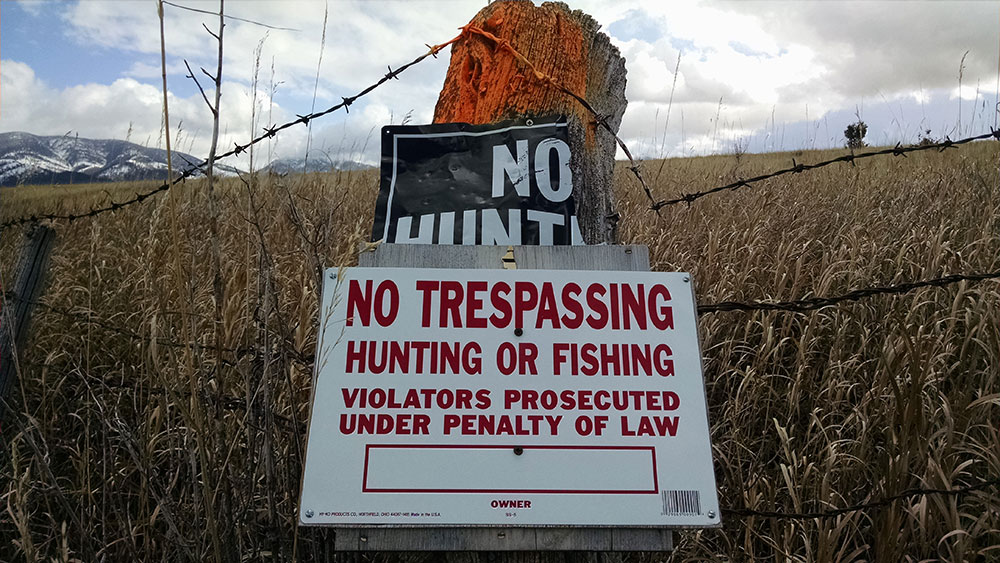
Want public access to private land? There’s an app for that.
Read more